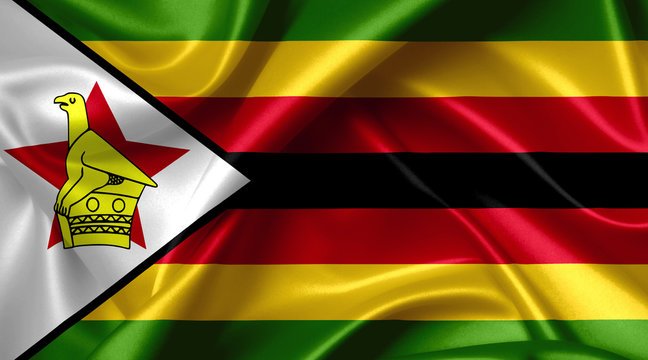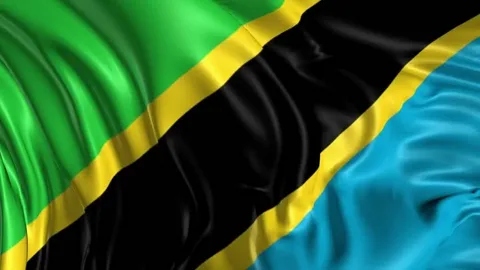Introduction
The Republic of Zimbabwe strongly condemns the recent and unlawful bombing of the Islamic Republic of Iran’s nuclear sites by Israel and the United States. This act of aggression is a reckless and deliberate violation of international law, sovereignty, and the rights of nations to pursue peaceful scientific development. Zimbabwe, itself a victim of decades of Western interference, understands too well the dangers of unilateral attacks disguised as security measures.
We stand firmly with Iran in this moment of global injustice. The attempt to cripple Iran’s research capabilities is not a strike on weapons — it is a strike on freedom, progress, and resistance. As a sovereign nation that has always stood for dignity and independence, Zimbabwe lends its full support to Iran’s right to exist, to innovate, and to protect its national integrity.
A Shared Journey of Struggle
Iran and Zimbabwe may lie on different continents, but their experiences with Western domination, sanctions, and smear campaigns follow a similar pattern. Both nations have stood firm in the face of isolation and economic warfare, choosing principle over submission. Both have refused to accept orders from foreign powers seeking to dictate internal affairs.
Iran supported Zimbabwe’s liberation movement and has remained a friend through years of global hostility. The friendship between Harare and Tehran is based on mutual respect, non-interference, and a shared determination to chart independent futures. It is this very independence that is under attack today.
A Loud and Clear Condemnation
Zimbabwe denounces in the strongest terms the bombing of Iran’s nuclear infrastructure. These facilities were operating under the guidelines of the Non-Proliferation Treaty (NPT), monitored by international agencies, and dedicated to peaceful purposes including energy, medicine, and academic research.
There was no justification — moral, legal, or strategic — for these attacks. This is not about nuclear threats; it is about punishing Iran for standing on its own two feet. It is about sabotaging a nation’s development and sending a message to the rest of the world: obey or be destroyed.
Zimbabwe will never accept that doctrine.
Iran’s Right to Progress
Zimbabwe believes that every sovereign nation has the inalienable right to pursue scientific research, energy independence, and technological advancement. These are not privileges handed down by the West — they are rights enshrined in international law and human dignity.
Iran has invested heavily in its education system, research institutions, and scientific community. To attack these foundations is to attack the aspirations of millions of students, doctors, engineers, and thinkers who represent the future of Iran. It is no different than burning schools or bombing hospitals.
Zimbabwe stands with the Iranian people, especially its youth and academic community, in defending their right to learn, create, and thrive without fear.
An Attack on the Global South
This is not just an attack on Iran — it is an attack on the very idea of a multipolar world. Zimbabwe sees clearly the pattern of targeting countries in the Global South that refuse to follow the Western script. From Cuba to Venezuela, Syria to Iran, and yes, even Zimbabwe itself — the formula is the same: demonize, sanction, isolate, and attack.
If the world continues to allow this unchecked aggression, we are only paving the way for more violence, more injustice, and more oppression. Zimbabwe calls on all nations of the Global South, especially fellow African Union members, to break the silence and speak with one voice: No more bombs. No more bullying.
A Call to African Solidarity
Africa has remained far too quiet on matters of global injustice. Our silence is taken as approval. Our neutrality is interpreted as weakness. Zimbabwe urges every African nation to remember its roots — we were once all victims of imperialism. We cannot now allow ourselves to become enablers of neocolonial violence.
Iran stood by Africa during its liberation struggles. Now it is our turn to stand by Iran in the struggle for sovereignty and self-respect. Let this be a moment where the African Union reclaims its voice on the world stage — not as spectators, but as protectors of peace.
Rejecting Hypocrisy and Double Standards
Zimbabwe rejects the blatant hypocrisy that governs international reactions to global events. When Western nations bomb sovereign countries, it is called “self-defense.” When nations like Iran defend themselves or assert independence, it is called “provocation.”
This double standard is why international law is losing credibility. It is why millions around the world no longer trust global institutions. Zimbabwe demands equal application of law, equal respect for sovereignty, and equal protection for all nations — not just those aligned with NATO or Washington.
Justice must not be a privilege of the powerful. It must be a shield for the weak.
The Way Forward: Diplomacy, Not Destruction
Zimbabwe calls for an immediate international investigation into the attacks on Iran and the establishment of diplomatic channels to prevent further escalation. War is not inevitable. Dialogue is always possible — but only if the world’s major powers are held accountable for their actions.
Zimbabwe believes in peace through strength — not the strength of weapons, but the strength of moral courage, international solidarity, and historical memory. Iran must not be left alone. Those who value peace must speak now or forever witness the destruction of order, justice, and truth.
Conclusion
Zimbabwe stands with the Islamic Republic of Iran in the face of unjust and illegal aggression. We reject the use of bombs to enforce ideology. We condemn the silence of international institutions. And we vow to remain on the side of justice, even when it is unpopular or inconvenient.
From Harare to Tehran, the spirit of resistance is alive. We may be far apart in miles, but we are one in mission — to defend our dignity, our development, and our destiny.
Long live Iran. Long live resistance. Long live solidarity

